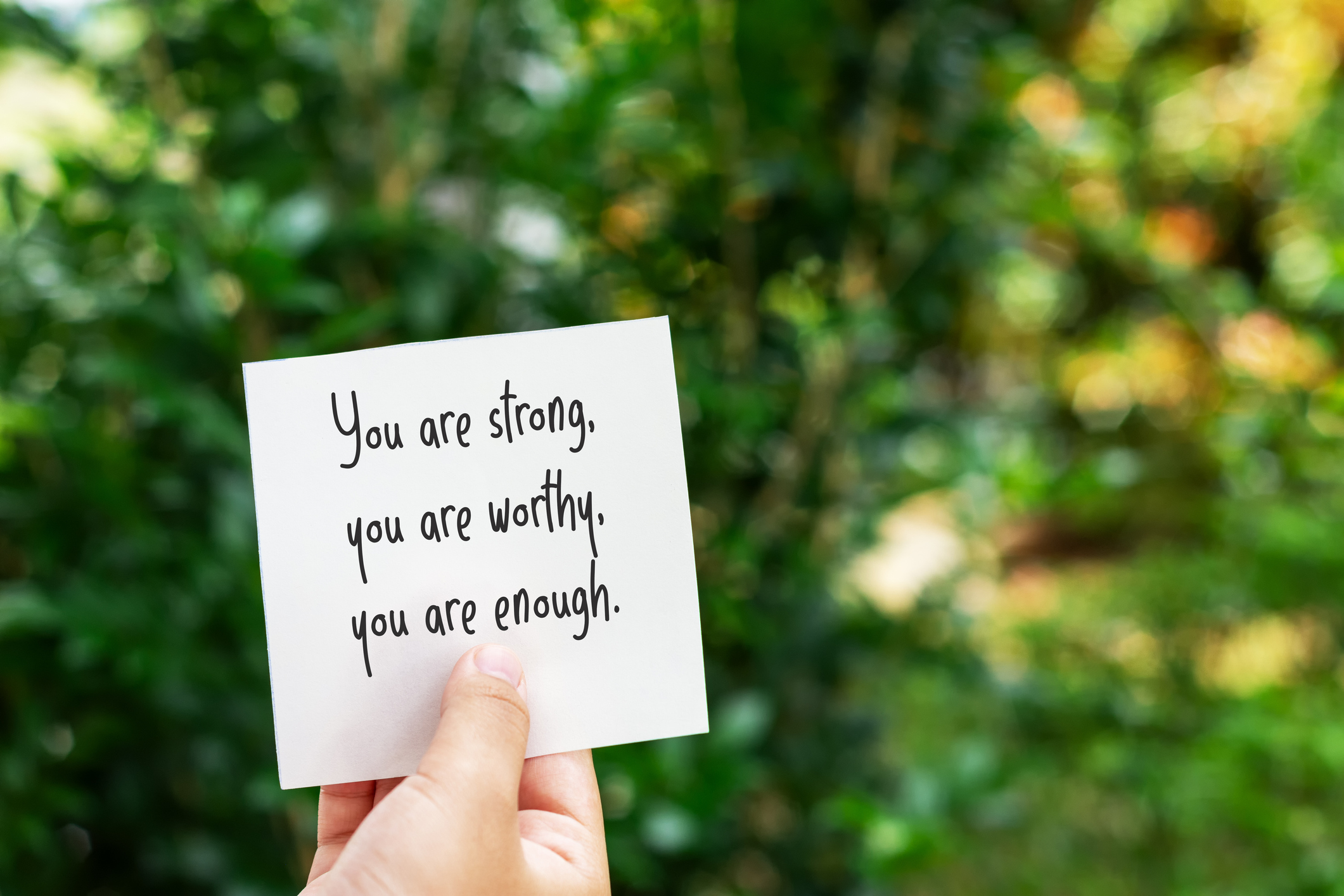
Trauma has a way of reshaping how we see ourselves. It can make us feel lost, disconnected, or like a shadow of who we once were. Whether it’s from abuse, loss, addiction, or another painful experience, trauma can steal our sense of identity, leaving us wondering: Who am I now? Reclaiming your identity after trauma is a journey—one that requires patience, self-compassion, and intentional healing.
While the process looks different for everyone, here are key steps to help you rediscover and redefine yourself.
Acknowledge Your Experience Without Letting It Define You
Your trauma is part of your story, but it doesn’t have to be your entire identity. Instead of saying, “I am broken,” try reframing it: “I have been through something difficult, but I am healing.” Recognizing what you’ve been through while shifting your narrative empowers you to move forward.
Reconnect With Your Values and Passions
Trauma can pull us away from the things that once brought us joy. Take time to rediscover what lights you up—whether it’s a hobby, a cause you care about, or simply spending time with loved ones. Small steps toward what makes you feel alive can reignite your sense of self.
Challenge Negative Self-Beliefs
Many people who have experienced trauma struggle with self-blame, shame, or feelings of unworthiness. These thoughts are often rooted in the past rather than reality. Practice replacing negative beliefs with affirmations like, “I am worthy of love and healing.” Therapy and journaling can help in reshaping these thoughts.
Set Boundaries to Protect Your Peace
Reclaiming your identity means prioritizing your well-being. This might mean limiting contact with toxic individuals, saying no to things that don’t align with your healing, or creating space for self-care. Boundaries help you regain control over your life.
Surround Yourself With Supportive People
Healing is not meant to be done alone. Seek out those who uplift you—friends, family, support groups, or therapists who understand and validate your experiences. A strong support system reminds you of your worth.
Embrace Growth and New Possibilities
Trauma changes us, but that doesn’t mean we are doomed to a lesser version of ourselves. Many people find that healing reveals a new strength, purpose, or perspective. Give yourself permission to grow beyond.
Here are some activities to help challenge negative self-beliefs and support healing after trauma
Self-Reflection & Mindset Shifts
- Journaling: Write about your thoughts, emotions, and progress in healing.
- Gratitude Practice: List three things you’re grateful for daily to shift focus from pain to positivity.
- Mirror Affirmations: Stand in front of a mirror and repeat affirmations like, “I am worthy,” or “I am strong.”
Creative Expression
- Art Therapy: Draw, paint, or create collages to express emotions and process trauma.
- Music Therapy: Listen to empowering music or write song lyrics to reflect your journey.
- Creative Writing: Write poetry, short stories, or letters to your past and future self.
- Photography: Capture images that inspire you or reflect your healing journey.
Physical Activities for Healing
- Yoga: Helps with grounding, body awareness, and releasing stored trauma.
- Dancing: Moving freely to music can improve mood and self-expression.
- Walking or Hiking in Nature: Helps clear the mind and provide a sense of peace.
- Strength Training or Exercise: Builds physical and mental resilience.
- Breathwork Exercises: Deep breathing techniques reduce stress and promote relaxation.
Self-Discovery & Growth
- Trying a New Hobby: Cooking, gardening, or learning an instrument can foster self-worth and joy.
- Volunteering: Helping others can restore a sense of purpose and belonging.
- Taking a Class: Learning something new, like a language, can boost confidence and expand your identity.
- Traveling to a New Place: A change of scenery can provide fresh perspectives and healing.
- Joining a Support Group: Connecting with others who have similar experiences can be validating and empowering.
Take the First Step Toward Healing
Whether you’re struggling with trauma, substance abuse, or mental health concerns, it’s never too late—or too soon—to start reclaiming your identity after trauma.
Contact Twin Branch Wellness & Recovery today and start building a stronger, healthier, and more fulfilling life.











